Revolutionising Tyre Production: Introducing LIHEXAL 8 By VIPO a.s.
- By TT News
- March 04, 2025
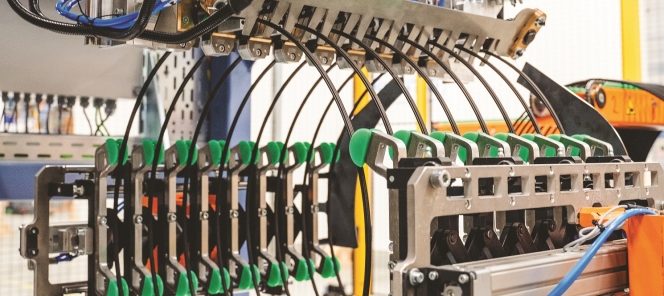
The global demand for efficiency and precision in tyre manufacturing has reached unprecedented levels, and VIPO a.s., a pioneer in advanced bead winding technology, has delivered a game-changing solution: the LIHEXAL 8 – octuple head single wire bead winding machine (production of 8 beads per cycle). Designed specifically for the production of PCR (Personal Car Radial) tyres, this latest innovation epitomises cutting-edge research and development, coupled with decades of expertise in rubber and wire applications.
A LEAP FORWARD IN BEAD MANUFACTURING
The LIHEXAL 8 sets a new benchmark for bead winding machines, enabling the simultaneous production of up to eight beads per cycle. This state-of-the-art machine accommodates bead diameters ranging from 13” to 24.5” and cross-sections in both hexagonal and rectangular profiles.
The latest model of VIPO’s bead winding machine significantly reduces production time while maintaining consistent quality. The result is an increased beads output, minimised downtime and improved profitability for tyre manufacturers around the globe.
INNOVATION AT EVERY STEP
The LIHEXAL 8 redefines bead production with cutting-edge sensing and automation technologies. It offers real-time monitoring of material levels and predictive maintenance, ensuring seamless operations. Precision is at its core, measuring key variables like wire temperature, rubberisation and other parameters to guarantee beads of impeccable quality. Its advanced festooner system with independent pulleys allows precise control of wire tension and pressure, adapting effortlessly to unique production needs. Meanwhile, the upgraded bead winding station delivers unparalleled accuracy and speed, producing one bead every two seconds with flawless consistency.
VIPO’s innovations go beyond speed – they deliver reliability. With every cycle, manufacturers achieve premium-quality beads, securing their competitive advantage in the tyre industry.
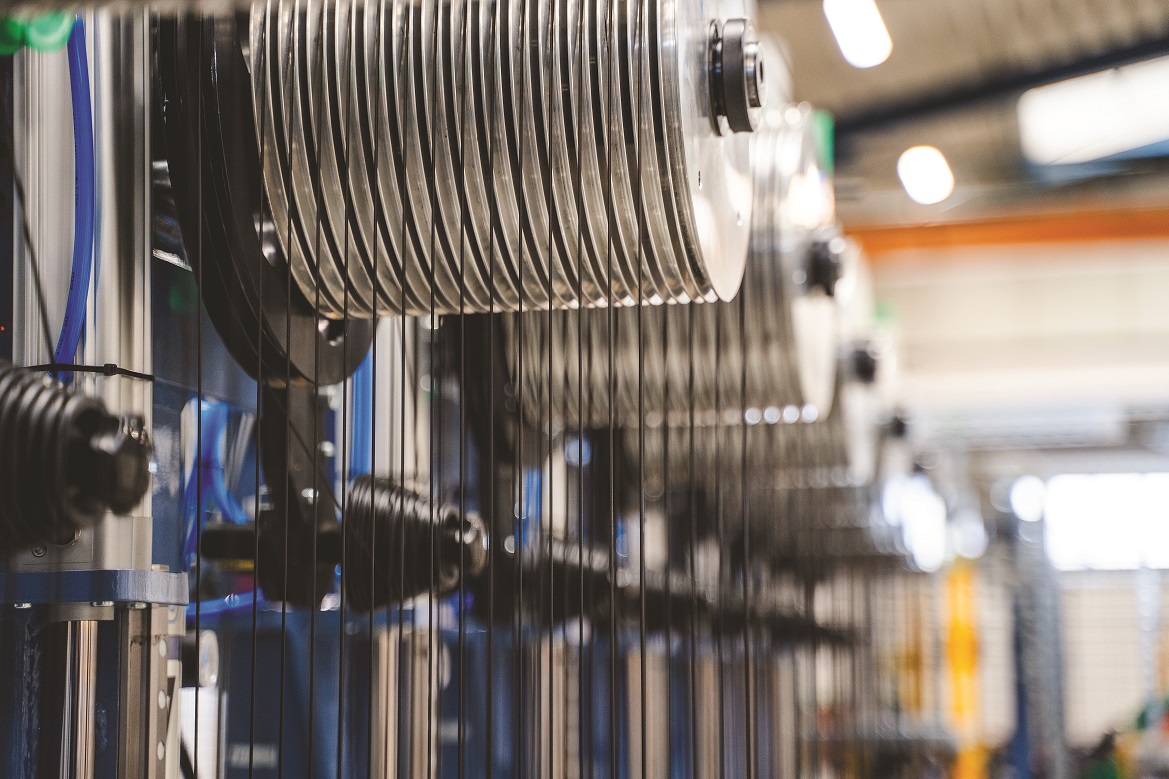
GROUNDBREAKING WRAPPING TECHNOLOGY
One of the most notable features of the LIHEXAL 8 is its integrated bead wrapping system. In collaboration with the world’s best wrapping tapes suppliers, VIPO has developed a high-performance wrapping solution that applies tape to bead ends simultaneously without affecting the machine’s cycle time. With a machine autonomy and real-time verification of tape application, this system guarantees optimal quality and consistency.
A LEGACY OF EXCELLENCE
Rooted in the legacy of Tomáš Bata’s historic town, VIPO a.s. has been at the forefront of rubber and wire technology for over 50 years. Combining generational expertise with cutting-edge innovation, VIPO proudly serves the world’s leading tyre manufacturers – partners who trust its solutions to deliver excellence. This enduring trust drives VIPO to continuously push the boundaries of innovation, with gratitude to its customers as the foundation of its success.
EXCEPTIONAL SERVICE, UNMATCHED RELIABILITY
From installation and training to continuous support and machine optimisation, VIPO ensures that clients harness the full potential of the LIHEXAL 8. This exceptional level of service, combined with the machine’s unparalleled performance, makes it a cornerstone for modern, efficient and premium tyre manufacturing. Moreover, the LIHEXAL 8’s unmatched reliability and advanced automation significantly reduce human intervention, paving the way for streamlined operations and optimised production workflows.
WHY EVERY TYRE MANUFACTURER NEEDS THE LIHEXAL 8
The LIHEXAL 8 isn’t just a machine – it’s a revolution in tyre manufacturing. With precision, flexibility and speed, it meets the demand for high-quality beads while driving down costs and enhancing efficiency. Designed to adapt to each customer’s unique needs, it’s the ultimate solution for modern production challenges.
More than a supplier, VIPO is the trusted partner and committed to its clients’ success. The LIHEXAL 8, as well as the other VIPO equipment and services isn’t just about transforming production – it’s about empowering your business to lead in a competitive market.
Zeon And Visolis Sign Binding Term Sheet To Advance Bio-Isoprene And SAF Commercialisation
- By TT News
- February 16, 2026
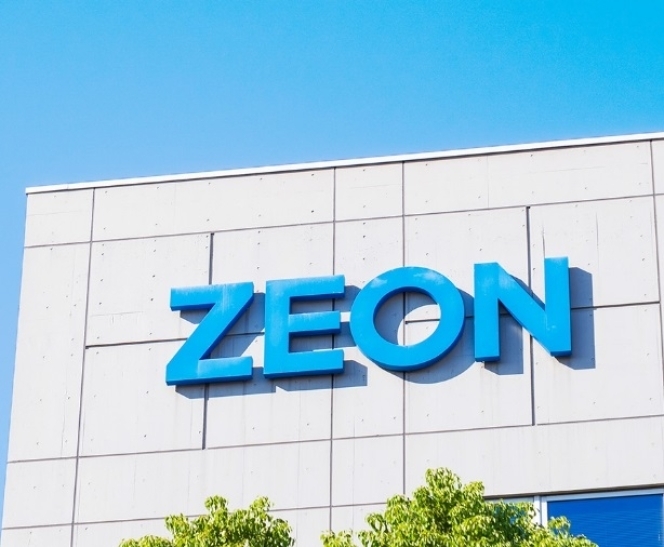
Zeon Corporation and Visolis Inc. have formalised their partnership by signing a binding term sheet, marking a pivotal advancement in the commercialisation of bio-based isoprene monomer and sustainable aviation fuel (SAF).
This collaboration, which now moves from technology verification towards project implementation, is built upon the progress made since their initial memorandum of understanding in March 2024 and the subsequent joint feasibility study announced in April 2025. Bio-based isoprene monomer serves as an essential component in the production of synthetic rubbers and various other materials, while SAF is increasingly recognised as a critical next-generation fuel for reducing carbon emissions within the aviation industry.
The newly established term sheet outlines a foundational agreement on the key elements required for a final investment decision. These include defining the business structure and the respective roles of each company, establishing technology and development strategies and advancing detailed engineering for the proposed production facility. Furthermore, the agreement covers the evaluation of potential sites, the process for engaging with suppliers, securing necessary regulatory approvals and planning the financing pathway.
The envisioned facility is set to commence commercial-scale output after successfully demonstrating mass production capabilities for biomass-based isoprene and SAF, utilising Visolis’ proprietary technology. Both companies are now committed to expediting the path to full-scale production and ensuring a steady supply of these sustainable products to the global market.
Zeon Backs Chemify To Accelerate Digital Chemistry Innovation
- By TT News
- February 12, 2026
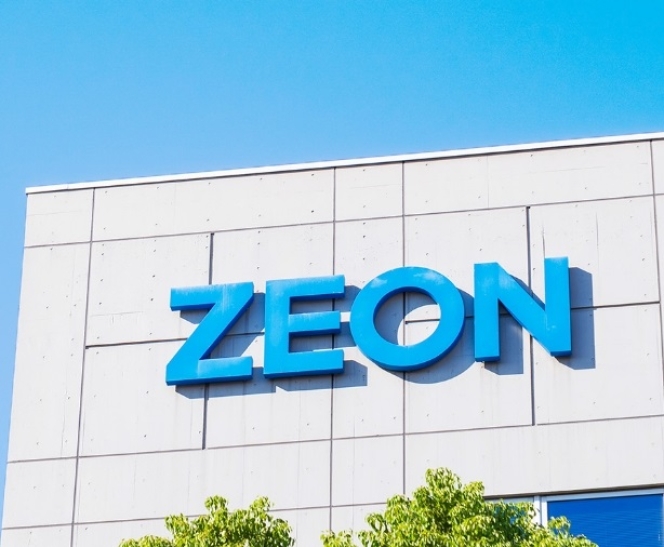
Zeon Corporation has deepened its commitment to digital chemistry through a strategic investment and partnership with Chemify Limited, secured via its corporate venture arm Zeon Ventures Inc. Chemify, a growth-stage UK enterprise, is reshaping molecular research by integrating digital tools with automated laboratory systems. Its proprietary Chemputation technology translates molecular targets into executable chemical code, which operates directly on robotic platforms to complete integrated Design–Make–Test–Analyze cycles without manual intervention. This closed-loop automation allows Chemify to explore previously inaccessible areas of chemical space while reducing the timeline from concept to synthesized compound by up to tenfold.
A cornerstone of Chemify’s capability is its recently inaugurated Chemifarm in Glasgow – one of the most sophisticated automated facilities in the world for molecular design and construction. The facility enables accelerated iteration and autonomous synthesis of novel small molecules, converting chemical code into tangible compounds with unprecedented efficiency. These advances are critical for developing functional, synthesisable molecules that can contribute solutions to urgent global issues spanning public health, energy efficiency and environmental protection.
Zeon has been at the forefront of adopting digital methodologies in chemical R&D, recognising their transformative potential from an early stage. This investment is positioned to strengthen Zeon’s internal digital chemistry efforts and catalyse the invention of novel materials capable of addressing complex societal needs. The move aligns with Zeon’s STAGE30 corporate strategy, which targets a rise in revenue contribution from four key growth sectors – Mobility, Healthcare and Life Sciences, Telecommunications and Green Transformation – to 48 percent by fiscal 2028. By backing pioneering enterprises and cultivating advanced materials, Zeon continues to advance its dual vision of a sustainable planet and a secure, progressive society.
- Rubber Board Of India
- Rubber Producers’ Societies
- Sulphur Dusting
- Powdery Mildew
- Rubber Plantations
- Rubber Board Subsidy
Rubber Board Announces Sulphur Dusting Subsidy For Rubber Producers
- By TT News
- February 09, 2026

The Rubber Board of India has announced the opening of an application window for financial aid for sulphur dusting to combat powdery mildew disease in rubber plantations for the year 2026. The scheme is open to all Rubber Producers’ Societies (RPS) operating in both traditional and non-traditional growing regions.
From 10 to 20 February 2026, eligible societies must submit their applications online through the 'ServicePlus' portal on the official Rubber Board website. Societies requiring help with the submission process are advised to contact their nearest Rubber Board regional office or field station, or to consult the board's website for further guidance.
French Recognition Of TPO Bolsters Pyrum's Circular Economy Model
- By TT News
- February 09, 2026
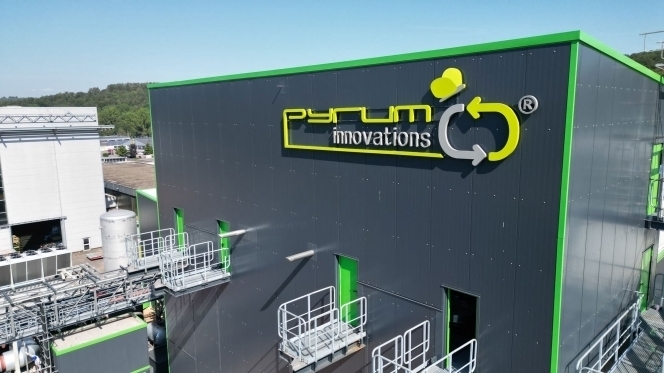
Pyrum Innovations AG has welcomed the official recognition by French authorities on 17 January 2026, which classifies tyre pyrolysis oil (TPO) as a legitimate raw material for the chemical sector. This pivotal regulatory milestone for pyrolysis oil derived from end-of-life tyres substantially enhances the product’s integration into established chemical value chains. It also provides greater predictability for future purchase and partnership frameworks, thereby accelerating the development of industrial material cycles.
For Pyrum, which processes scrap tyres through pyrolysis to recover pyrolysis oil, industrial carbon black and steel, this decision underscores the critical need for standardised and reliable regulatory conditions. Such clarity is fundamental for scaling investments, production volumes and supply chains, particularly as the chemical industry and circular economy converge. The establishment of clear product categories is essential to ramp up the market for high-quality recycled raw materials.
The company remains committed to tracking further developments in France and the wider European dialogue regarding the classification and application of recycled feedstocks. Pyrum’s overarching objective is to expand industrial-scale recycling solutions for scrap tyres. This regulatory progress directly supports the company’s mission to secure long-term, quality-assured supply agreements with partners across the chemical industry, thereby advancing a more sustainable and circular economic model.
Pascal Klein, CEO, Pyrum Innovations AG, said, “The decision in France is an important step for the industrial use of pyrolysis oil from waste tyres. It supports a trend that we are seeing in many markets, where the chemical industry is seeking reliable, technologically robust and clearly classified alternative raw materials.”







Comments (0)
ADD COMMENT